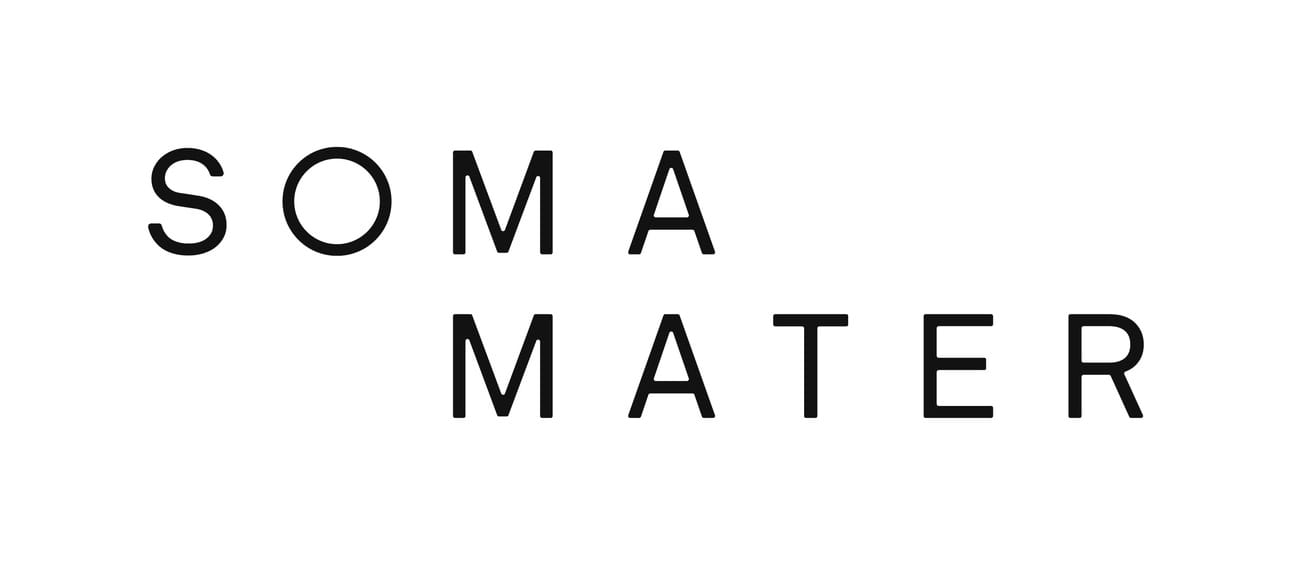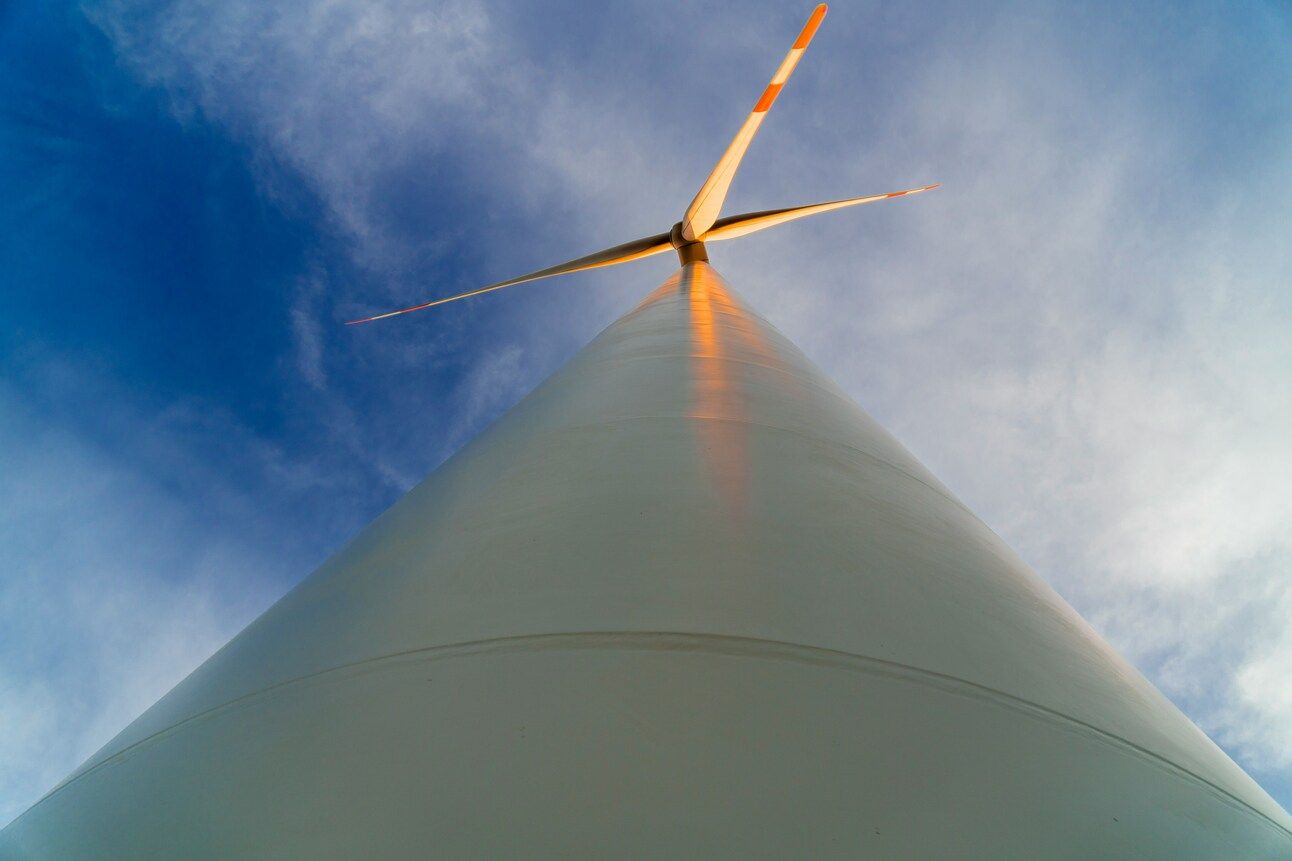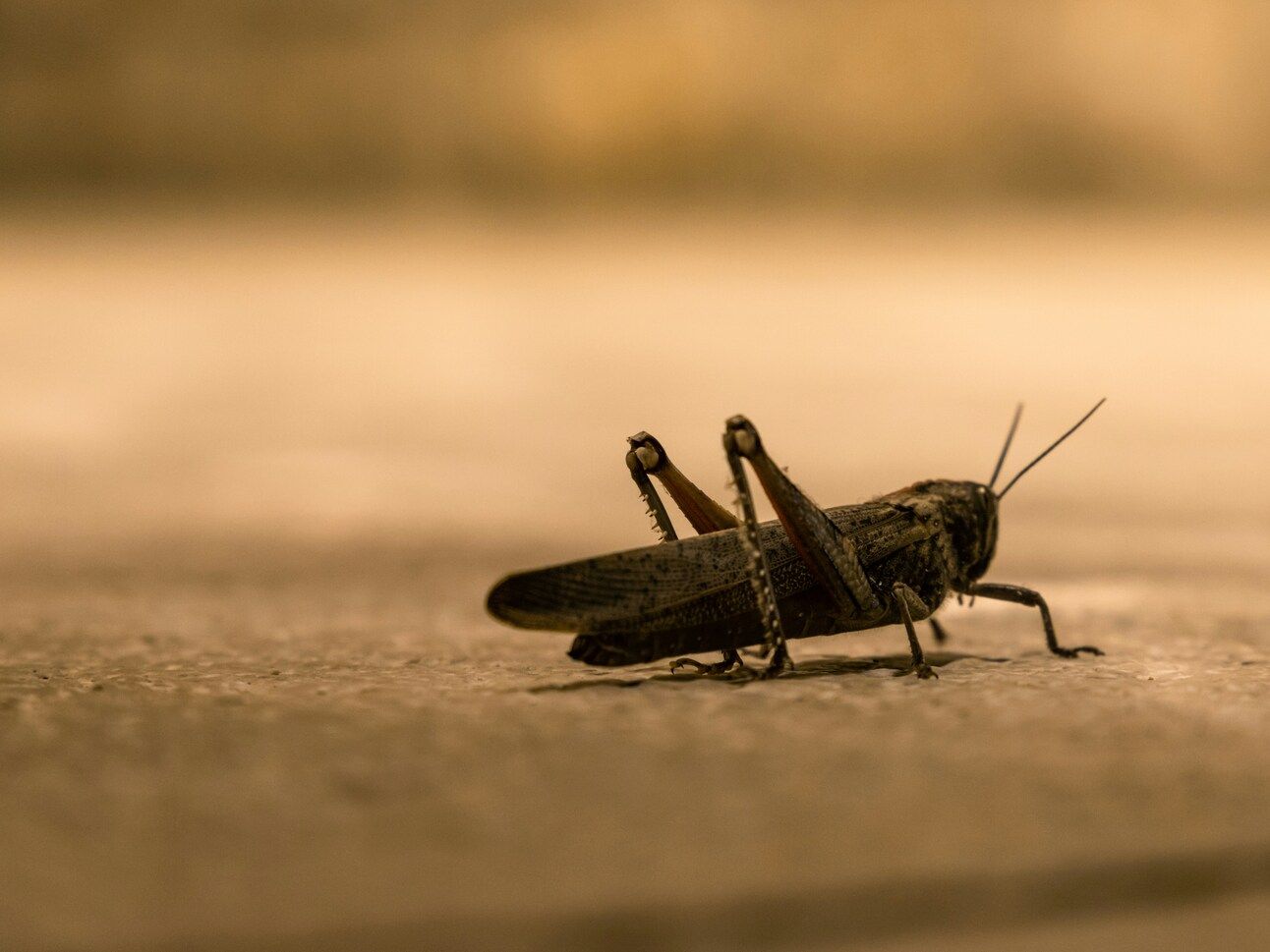- Soma Mater's Newsletter
- Posts
- SOMA Newsletter
SOMA Newsletter

Welcome to the SOMA MATER weekly newsletter.
At SOMA MATER, we specialize in delivering comprehensive research and advisory services with a focus on Food & Water Security and Net Zero Transition in the MENA Region. In order to support our subscribing clients in navigating these topics and understanding the regional narrative, we produce monthly Food and Water Security and Net Zero Transition Intelligence Reports, along with our in-depth analysis and insights.
This weekly newsletter highlights the top 3 stories from the past week in Food and Water Security and Net Zero transition, along with SOMA MATER's analysis and perspective.
What are the potential impacts of the Trump administration's foreign aid cuts on North Africa?
How does Saudi Aramco's new iron-vanadium flow battery system represent a breakthrough in renewable energy storage for gas production operations?
What makes desert locusts a threat to food security in North Africa and how do they impact the region?
Sustainably yours,
The SOMA team
The Great Aid Pause: How North Africa's Aid Well Ran Dry
#FoodandWaterSecurity

In early 2025, the Trump administration implemented Executive Order 14169, which effectively halted most US foreign aid programs worldwide. This policy change resulted in the suspension of non-military aid disbursements, affecting humanitarian programs focused on food assistance, clean water access, and agricultural support.
The impact has been severe in North Africa, where many nations have historically relied on US-funded programs through United States Agency for International Development (USAID) and U.S. Department of Agriculture (USDA). In Sudan, where more than half the population faces acute hunger, $126 million in promised aid has been frozen. The Food for Progress program's cancellation has affected multiple North African countries, including Egypt, which previously received substantial support. Additionally, United Nations Children's Fund (UNICEF)'s WASH programs in the region face significant cuts, with funding projected to decrease by at least 20%, putting millions at risk of malnutrition.
The withdrawal of US foreign assistance could potentially weaken American soft power and diplomatic relationships in the region. This is evident in the case of Egypt, where decades of agricultural aid totaling over $1.4 billion has helped secure a reliable regional partner for counterterrorism efforts and stability promotion. The aid suspension creates opportunities for rival powers to expand their influence in the region.
SOMA’s Perspective:
The recent suspension of nearly all US foreign aid marks a pivotal moment in the global food security landscape. Beyond the immediate humanitarian concerns, this development serves as a stress test for national food security systems, particularly in North Africa. The region's dependence on assistance has masked structural vulnerabilities that are now being exposed. This situation offers a stark illustration of how international aid has become deeply embedded in the architecture of global food security.
Sources:
Batteries with Flow: Aramco's Power Move in the Desert
#NetZeroTransition

Saudi Aramco has recently implemented the world's first megawatt-scale renewable energy storage system for gas production operations. The iron-vanadium flow battery system, installed at Wa'ad Al Shamal in northwest Saudi Arabia, is an advancement in sustainable energy solutions for the oil and gas industry. The patented technology was developed in collaboration with Rongke Power (RKP) and can support up to 5 gas wells throughout its 25-year lifespan.
The system's design features liquid electrolytes that enable efficient energy storage and conversion. When energy is pumped through the battery cells, the electrolytes’ chemical energy becomes electricity. Operating effectively across temperatures from -8°C to 60°C without thermal management systems, the battery demonstrates resilience in extreme weather conditions. Additionally, it offers enhanced safety with lower fire risk and reduced maintenance costs, while requiring less vanadium than comparable systems.
This initiative aligns with Aramco's broader commitment to achieving net-zero Scope 1 and 2 greenhouse gas emissions from wholly owned and operated assets by 2050. The flow battery system provides a reliable and flexible solution for powering isolated and unmanned oil and gas sites, managing fluctuating energy needs while supporting the company's sustainability goals.
SOMA’s Perspective:
Having been monitoring Saudi Arabia's vanadium battery trials since February, we are now witnessing the tangible fruits of these early experiments. The successful deployment of this technology suggests a growing sophistication in the region's approach to energy storage solutions—a crucial component for any serious renewable energy strategy. While promising, the true test will be whether this technology can be replicated beyond Aramco's programs.
Sources:
Hop, Skip, and Swarm: The Desert's Uninvited Guests
#FoodandWaterSecurity

The Food and Agriculture Organization (FAO) recently reported persistent desert locust outbreaks in the Western Region. They are considered the world's most destructive migratory pest, with a single one-square-kilometer swarm capable of consuming the equivalent of 35,000 people's daily food intake. New generations emerge every 8 weeks, populations multiply 20-fold per generation, and can travel up to 90 miles per day. These outbreaks pose a significant threat, potentially affecting over 60 countries and impacting the livelihoods of 10% of the world's population.
Current monitoring shows increased hopper bands and groups across North Africa, with immature adult groups and small swarms appearing in Algeria, Tunisia, and Libya. Additional adult groups have been observed in Chad, Niger, and Morocco. In the Central Region, spring breeding has declined, with only a few hopper bands and groups persisting in Saudi Arabia and in Egypt's irrigated areas. The forecast indicates that adult groups and small swarms will continue forming in North Africa and move southwest toward the Sahel in June and July, with potential summer breeding in southern Algeria, northern Niger, and Mauritania.
The FAO has been combating this since 1955, managing over 18 outbreaks in the past two decades through its Desert Locust Information Service (DLIS). During the 2020-2022 upsurge across the Greater Horn of Africa, Arabian Peninsula, and Southwest Asia, the FAO worked with 23 countries to contain the spread. This campaign mobilized over $243 million for emergency response, demonstrating how early warnings paired with swift action and adequate financing can effectively contain these threats.
SOMA’s Perspective:
This continues to tell the story that SOMA has threaded across the region: the complex web of interdependencies between climate, geopolitical conflicts, and economic shocks. The data paints a compelling picture. The 2021 locust surge emerged as a direct consequence of climate anomalies, notably when one of the most significant Indian Ocean Dipole events in six decades triggered unprecedented precipitation patterns. This serves as a microcosm of the broader challenges facing North Africa: environmental threats amplifying existing socioeconomic vulnerabilities. Environmental resilience and food security can no longer be separable considerations.
Sources:
Visit our website to access our latest Intelligence Reports on the topics of Food and Water Security and Net Zero Transition, now made freely available: https://somamater.com/